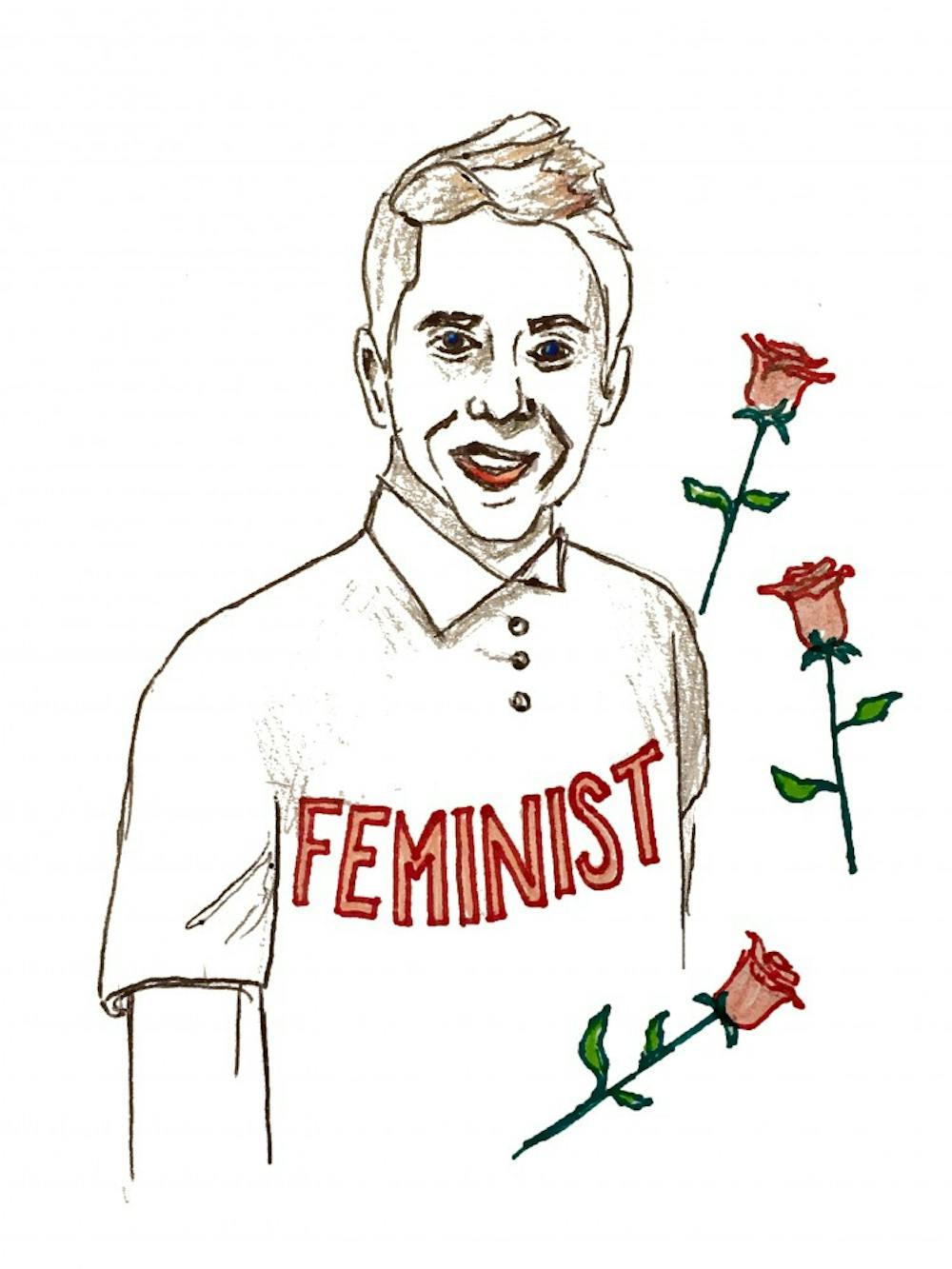My fantasy team had a great season. Some of my players had a bit of a shaky start, but I had some pretty good team members—my team even included the MVP. But instead of a championship ring, the MVP got an engagement ring, and instead of a trip to Disneyland, a rose. Yes, I’m talking about The Bachelor.
I’ve watched my sports–loving friends participate in fantasy football leagues for years, and seen how much they lusted after the ultimate prize. Usually, this prize amounts to bragging rights more than anything else. Winning is no easy feat: a fantasy league consists of a group of “bros” (Ed. note: "Bro" is gender–neutral and describes a lifestyle.) who each put in money, and then try to put together the best team possible. They strategize, look at the statistics, and try to get the best possible players on their team.
While they watch highlight reels, I go to the ABC website, read contestant bios, and watch previews trying to find even a glimpse of who could make it to the next round. I’ve been an active watcher of The Bachelor(ette) franchise since I was old enough to understand what my mom and older sister had on the TV. I was immediately drawn in. As a naive elementary schooler, this show seemed like the ultimate fantasy: a handsome and successful man taking equally beautiful and successful women on whirlwind dates with the ultimate goal of falling in love. It was like a real–life fairytale.
As I got older I started to realize the flaws in this fantasy. Even though these women often had a plethora of degrees, accomplishments, and professions, most of their time on the show was spent discussing their appearance, or how much they liked the man chosen as the bachelor. When lawyer Andi Dorfman became the Bachelorette, the show aired her putting her law degree in a box in order to “find true love.” Since then, Dorfman hasn’t returned to her career. There’s definitely a problem with this narrative.
When my sister and her group of friends suggested we participate in a fantasy league, I was already losing interest in the show, and wasn’t sure I had any reason to keep watching. But once she told me that there would be a $100 reward for the person who picked the best girls, I reluctantly agreed. The first day our fantasy league got together, it was all girls. We watched the first episode together, drank wine, and laughed at all the ridiculous antics of the show. Every week, it gave me a group of other women to watch the show with. These women are 20–somethings who are college students, nurses, and lawyers, all successful in their own right, self–assured and often feminist, all women like the ones competing on the show.
I realized that with a fantasy league, we watch the show for another reason than a fairy–tale romance. We watch it as a psychological case study. We realize how wrong the judgments we sometimes make about the contestants, and how surface level we tend to be. Almost every season, the winner ends up being someone we didn’t even think to consider. And more than anything, by researching these contestants beyond their on–screen personas, we’ve been able to understand that they’re more than just a pretty face.
Just like a group of bros doing fantasy football, our fantasy league brings us together. And eventually, even the guys in our friend group began to take note and asked to join our league. Even if you don’t want to dedicate your time to analyzing the contestants like we do, I encourage you to try to look deeper. Instead of looking at the contestants as objects for the public’s consumption, see them as people with unique attributes that make them more than eligible for love. See the friendships they make during the show with the people who are supposedly their “competition.” Watch the fairy–tale proposal at the end of the show and enjoy it, knowing that success, whether it comes in the form of a diploma or a rose, should be celebrated.







